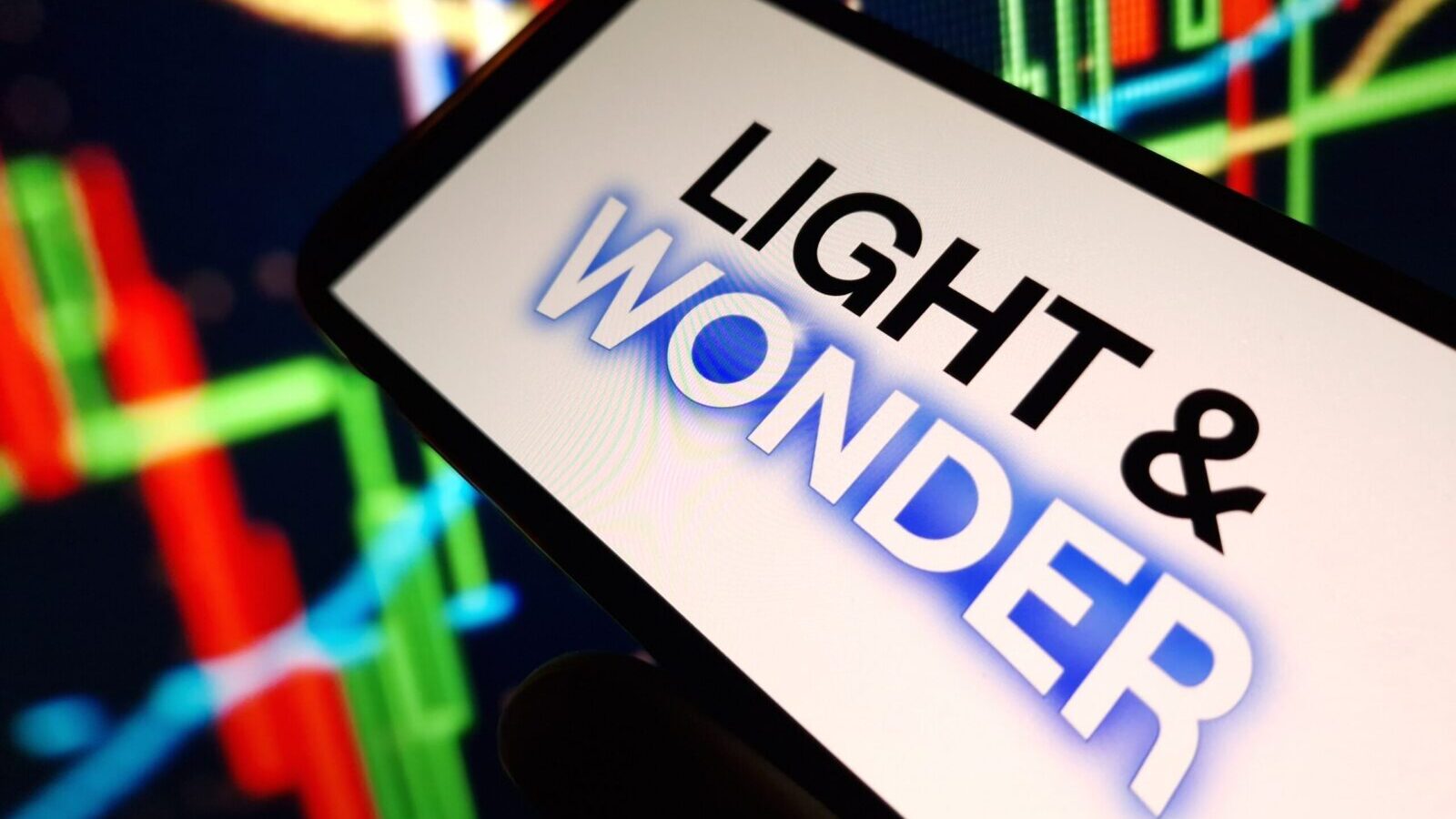Light & Wonder CEO Confirms Dragon Train 2.0 Amid Legal Dispute With Aristocrat
L&W wants to distance itself from claims it stole Aristocrat’s intellectual property
2 min

Matt Wilson, CEO and president of Light & Wonder (L&W), publicly addressed on Thursday the ongoing legal dispute with Aristocrat Technologies over the Dragon Train game and confirmed that an alternative version is already in the works. This announcement follows a court order from the District Court of Nevada last month, which mandated that L&W cease offering Dragon Train after Aristocrat filed a lawsuit accusing the company of intellectual property infringement.
Aristocrat alleged that L&W had copied game mechanics and gameplay from its own popular Dragon Link series, leading to the court’s decision. The lawsuit, which was filed in February, argued that Dragon Train bore significant similarities to its Dragon Link series, a game that has been in the market since 2017.
Aristocrat raised concerns that former executives of the company, now employed by L&W, had been involved in the development of Dragon Train, further complicating the legal battle. Dragon Train itself had only been launched by L&W in the U.S. in March, making its run on the market relatively short-lived before the court’s intervention.
“It is just certain aspects of the map that are being challenged,” Wilson explained. “There are a lot of elements in this game that have made it successful, such as the art, sounds, animation, and brand. These things are not affected by the order.”
In response to the legal proceedings, Wilson addressed investor concerns and provided clarity on the company’s future plans. He confirmed that L&W is actively developing a new iteration of the game, Dragon Train 2.0, which will comply with the court’s orders. While he did not specify an exact timeline for the release of the updated game, Wilson emphasized that it remains a high-priority project and is expected to be a long-standing part of the company’s gaming portfolio.
No big impact
Wilson also clarified that the necessary changes to Dragon Train are minimal and will not affect the game’s core elements, including its art, sound design, animation, and branding. According to the CEO, the court’s injunction only concerns specific aspects of the game, meaning that the majority of what has made Dragon Train a success will remain intact.
In light of the injunction, L&W has been working with its customers to remove the existing version of Dragon Train in both North America and Australia. The company has also offered other games from its extensive portfolio to replace Dragon Train.
Wilson noted that the impact of this removal has been limited. He said Dragon Train only represents a mid-single-digit percentage of L&W’s installed base in North America, or roughly 2,200 units out of approximately 33,000 across the continent.
Despite the disruption caused by the legal case, Wilson emphasized that L&W’s relationships with its clients remain intact. He reported that none of its customers have requested the removal of any other gaming units following the court’s order.
In Australia, Wilson described Dragon Train as having been “hugely successful,” though it is no longer available in that market due to the court’s ruling.
Looking ahead, Wilson expressed optimism, noting that L&W is already working to fill its sales pipeline with new games to compensate for the loss of Dragon Train. The company expects to capture significant opportunities going forward as it continues to scale its next generation of gaming products.





